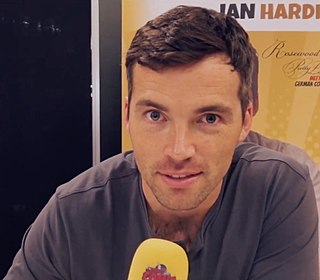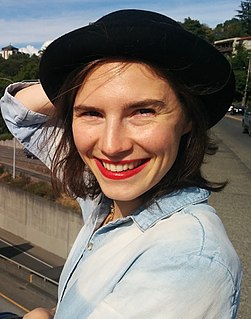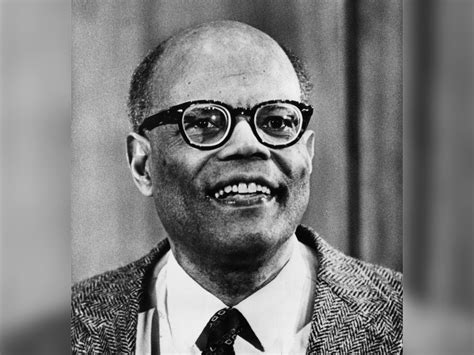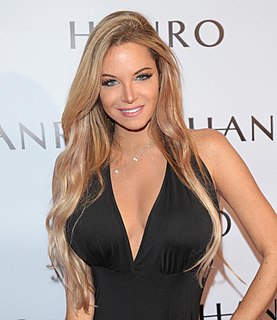A Quote by Ken Goldberg
What was really interesting to me about 'The Telegarden' was this idea of connecting the physical world, the natural world, and the social world through the Internet.
Related Quotes
When I'm writing about complicated subjects, it usually involves a world. It could be the world of Scientology or the world of Al Qaeda, or the world of counter-terrorism.I look for emblematic beasts of burden - what I call "donkeys" - who can carry the reader through this world. They serve a different purpose. Donkeys are not especially interesting or likeable, but they are serviceable. They will take you into this world. The distinction I'm trying to make is: It's not about them. It's about the world.
From early childhood, I was interested in understanding how the world worked, and assumed I would be some kind of physical scientist or chemist. But the truth was, I didn't know there was another kind of world, the inner world, that was just as interesting, if not more relevant, than what was going on in the outside world.
It's not true that you should first think up an idea for a better world and only then "put it into practice," but, rather, through the fact of your existence in the world, you create the idea or manifest it - create it, as it were, from the "material of the world," articulate it in the "language of the world."
There's no question that how Johannesburg operates is what made me interested in the idea of wealth discrepancy. 'Elysium' could be a metaphor for just Jo'burg, but it's also a metaphor for the Third World and the First World. And in science fiction, separation of wealth is a really interesting idea to mess with.
We're not in the physical world. The physical world is in us. We create the physical world when we perceive it, when we observe it. And also we create this experience in our imagination. And when I say "we," I don't mean the physical body or the brain, but a deeper domain of consciousness which conceives, governs, constructs and actually becomes everything that we call physical reality.
...there are special sciences not because of the nature of our epistemic relation to the world, but because of the way the world is put together: not all natural kinds (not all the classes of things and events about which there are important, counterfactual supporting generalizations to make) are, or correspond to, physical natural kinds.
The most creative social strategy we have to offer is the church. Here we show the world a manner of life the world can never achieve through social coercion or governmental action. We serve the world by showing it something that it is not, namely, a place where God is forming a family out of strangers.




































